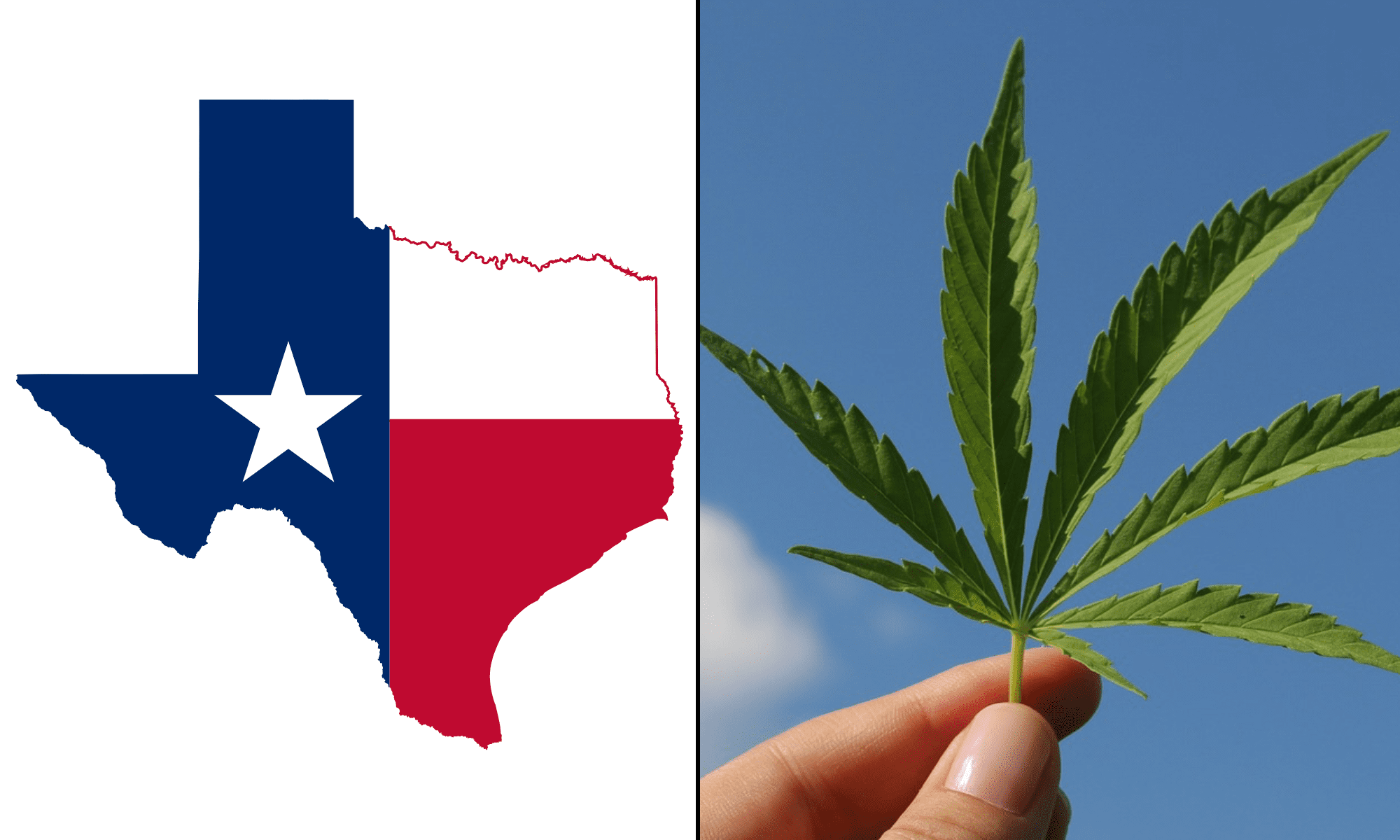Politics
Texas Officials Post Hemp Law ‘Checklist’ List To Help Businesses Comply With State Cannabis Rules

Even as Congress is taking steps to reinstitute a federal ban on hemp products containing THC, Texas officials are distributing a new hemp law “checklist” list to help businesses comply with recently enacted state cannabis rules—including age-gating to prevent the sale of intoxicating cannabinoid products to youth.
In addition to holding a license or registration with the Texas Department of State Health Services (DSHS), hemp businesses must follow a series of new regulatory policies if they sell or deliver consumable hemp products (CHPs), the flyer says.
For each sale or delivery, employees of licensed hemp businesses must inspect a customer’s ID to determine if they’re at least 21 years old and the identification is not expired.
“Failure to comply with these requirements is a violation of state law and regulations,” the notice says, adding that consumable hemp products include CBD and THC oils, gummies and infused food or drink edibles.
“A CHP is a product processed or manufactured for consumption that contains hemp, including food, a drug, a device and a cosmetic,” the department said. “It does not include any consumable hemp product containing a hemp seed, or hemp seed-derived ingredient used in a manner generally recognized as safe by the U.S. Food and Drug Administration.”
As rules for consumable hemp sales are being implemented Texas, meanwhile, the U.S. Senate on Monday passed a spending bill that includes controversial language recriminalizing hemp products containing THC that industry stakeholders say will seriously jeopardize the market.
Texas’s own Sen. Ted Cruz (R-TX) took some by surprise by voting against a motion to table an amendment from Sen. Rand Paul (R-KY) that would have stricken the hemp provisions. But the amendment ultimately didn’t advance, and the underlying legislation is set to receive a House vote on Wednesday before potentially going to the president’s desk.
Back in Texas, industry stakeholders and advocates are condemning congressional efforts to re-criminalize consumable hemp products.
The Texas Hemp Business Council (THBC), for example, said in a statement on Tuesday that they are “deeply disappointed” by the Senate vote—and they’re “particularly dismayed” that members declined to take up Paul’s amendment.
“The consequences of this sweeping change are severe and immediate,” THBC said. “Now the industry is once again caught in the crossfire of a political showdown, with hemp serving as collateral damage. Congress had years to address the FDA’s regulatory failures, yet instead of crafting a science-based solution, a last-minute political deal put the entire sector at risk.”
DHSH last month formally adopted the set of emergency rules meant to prevent the sale of intoxicating hemp products to people under 21.
After similar restrictions were implemented by the Texas Alcoholic Beverage Commission (TABC) in September, DSHS then moved forward with the policies changes that comply with the governor’s recent executive order on hemp.
The checklist flyer is also being released weeks after regulators with the Department of Public Safety (DPS) adopted new rules to implement a law significantly expanding the state’s medical marijuana program.
This specific set of rules will increase the number of licensed dispensaries, establish security requirements for “satellite” locations and authorize the revocation of licenses for certain violations.
DPS will ultimately be issuing 12 new licenses for dispensaries across the state. Currently there are only three. The additional licensees will go through a competitive process, with officials prioritizing Texas’s public health regions to optimize access.
Also in line with the state’s medical cannabis expansion law that Gov. Greg Abbott (R) signed, the state Health and Human Services Commission (HHSC) proposed rules in September to let physicians recommend new qualifying conditions for cannabis and to create standards for allowable inhalation devices.
Meanwhile last month, the head of the Texas Department of Agriculture (TDA) pushed back against a GOP senator’s “incorrect assertions” about the state’s regulatory compliance with federal hemp laws. But he also signaled that changes may be coming to measure “total THC” to determine the legality of hemp products in a way that some stakeholders worry could negatively impact the industry.
After the legislature failed to pass a controversial bill to ban hemp products containing THC during two special sessions following the governor’s veto of a similar measure earlier this year, Abbott signed the executive order to impose certain restrictions on the market.
Separately, a recent survey from a GOP pollster affiliated with President Donald Trump found that Texas Democratic and Republican voters are unified in their opposition to the hemp ban proposal.
A White House spokesperson said ahead of the vote that the president supports the hemp ban provisions.
Image element courtesy of AnonMoos.



